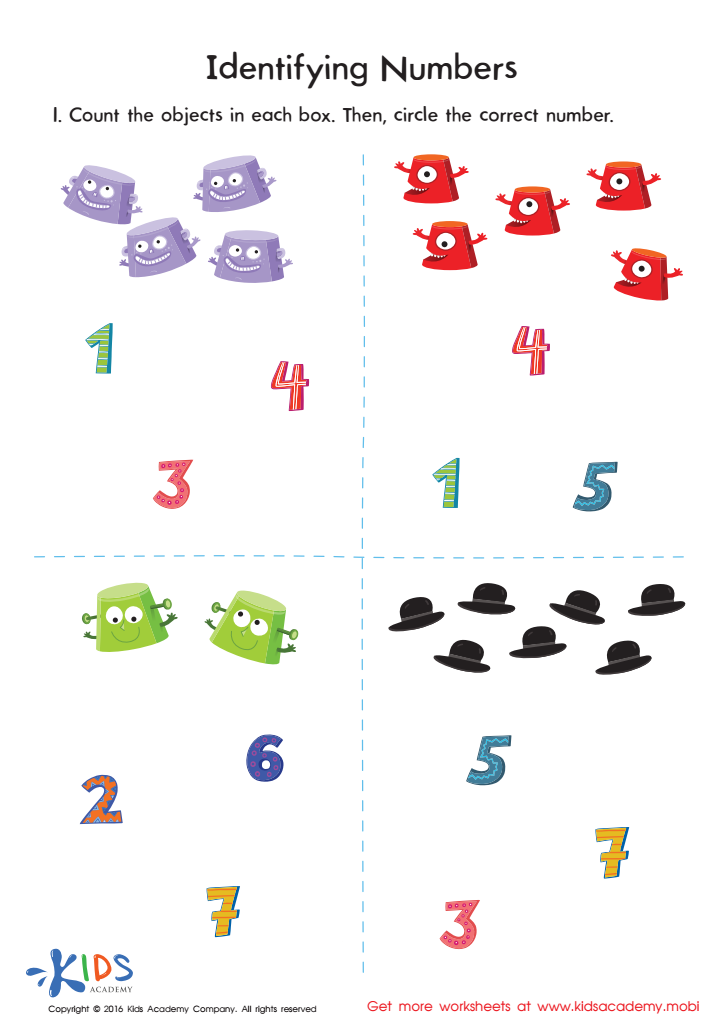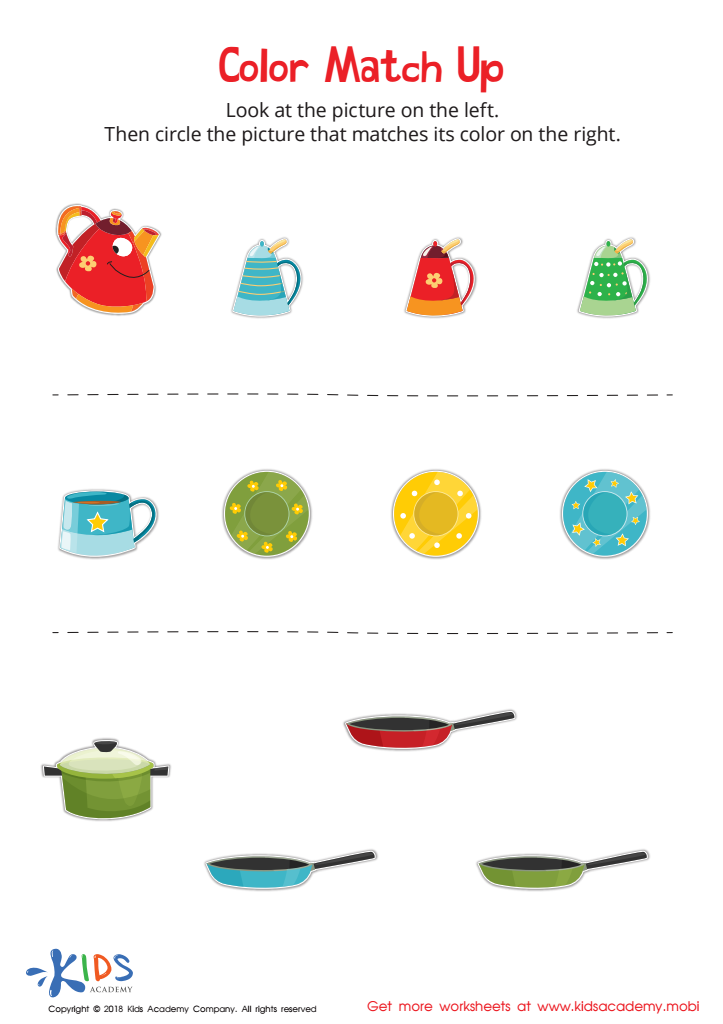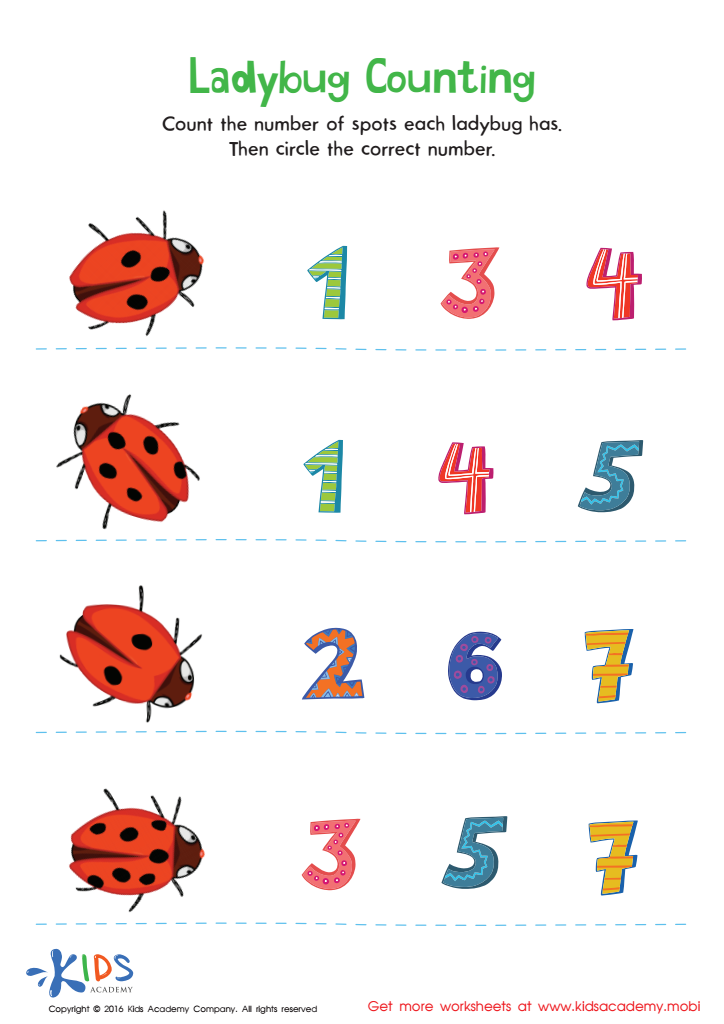Fine Motor Skills Matching Worksheets for Ages 6-9
9 filtered results
-
From - To
Discover our engaging Fine Motor Skills Matching Worksheets designed specifically for children ages 6-9! These worksheets provide a fun and effective way to enhance fine motor skills through interactive matching activities. By encouraging hand-eye coordination and dexterity, kids can develop essential skills while enjoying colorful illustrations and age-appropriate challenges. Each worksheet focuses on matching objects, letters, or shapes, promoting cognitive development alongside motor control. Perfect for at-home learning or classroom use, these resources enable educators and parents to support children in their learning journey. Boost your child's confidence and abilities with our expertly crafted worksheets today!
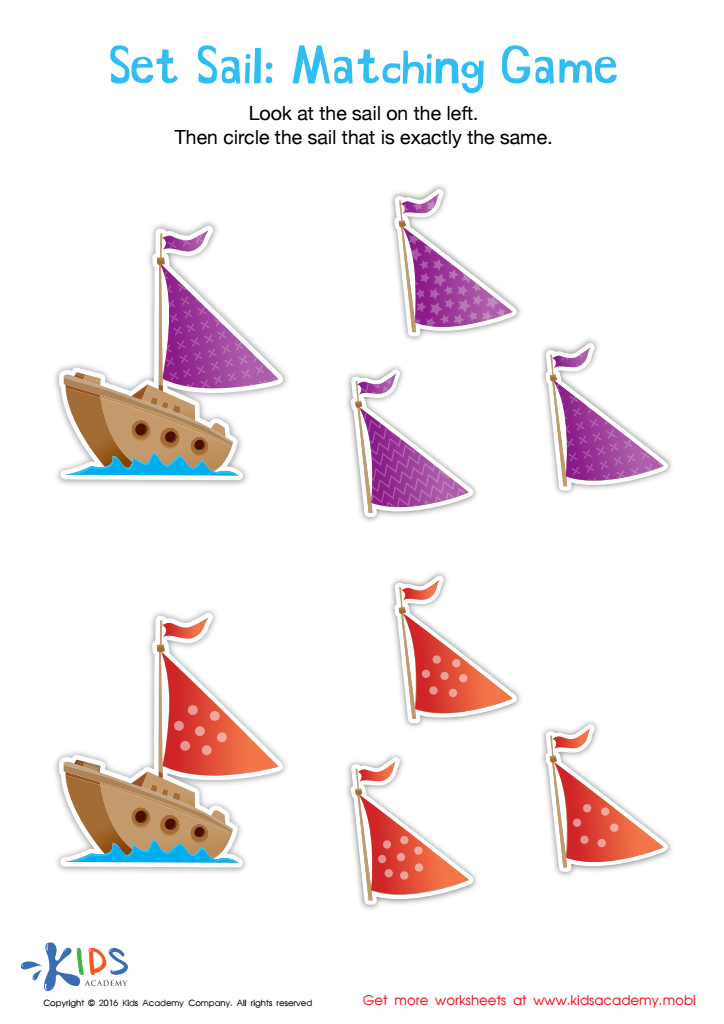

Set Sail Worksheet
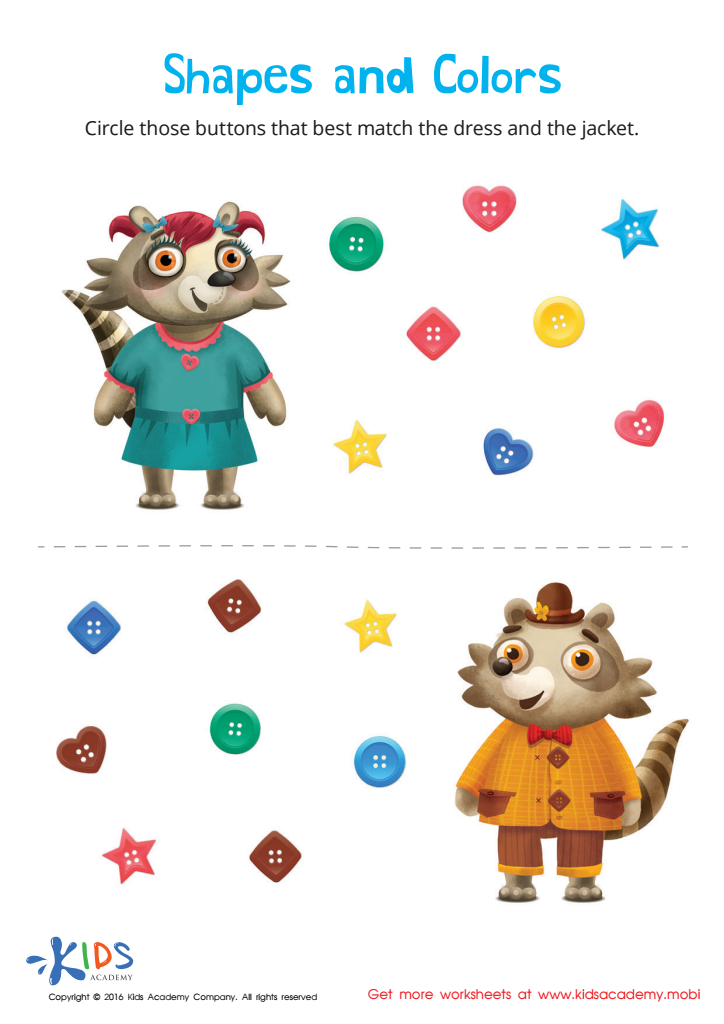

Matching: Shapes and Colors Worksheet
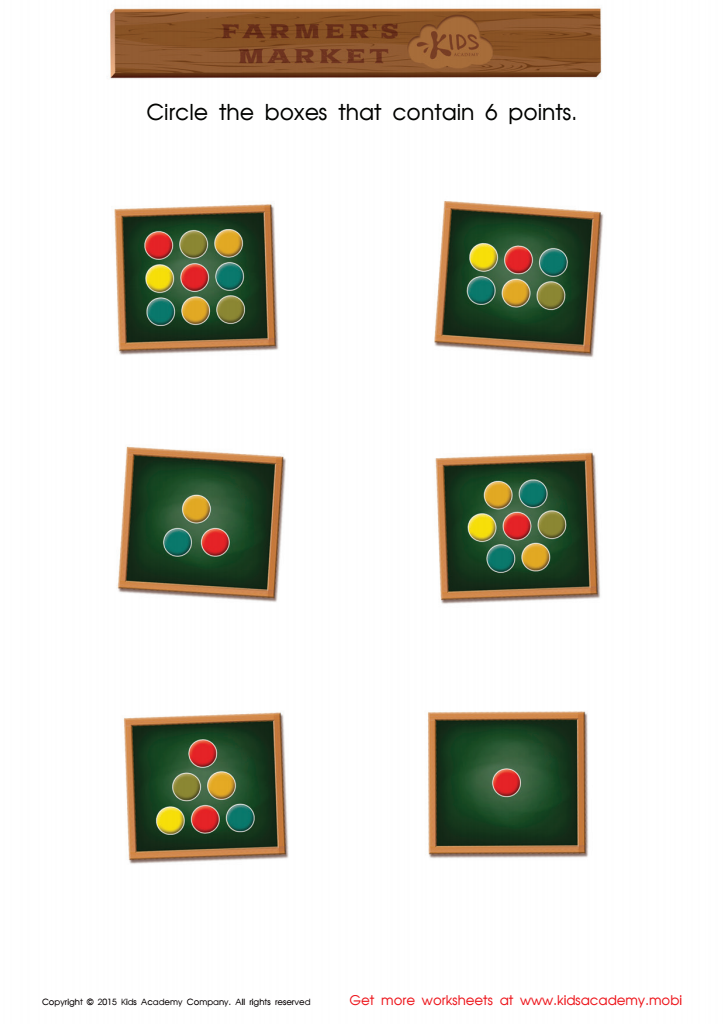

Count and Match Points 6 Math Worksheet


Colorful Arrays Bingo Worksheet


Frog Countdown Worksheet
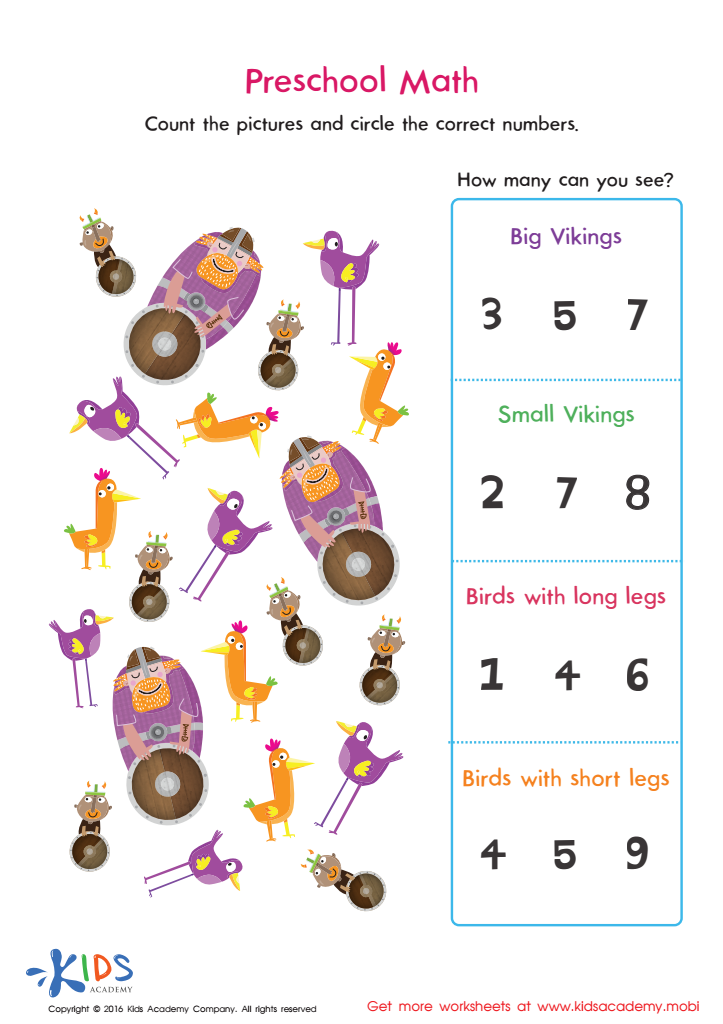

Fine motor skills are essential for children's overall development, especially for those aged 6-9. During this critical stage, children are refining their hand-eye coordination and manipulation abilities, which are foundational for various tasks. Fine motor skills influence a child's capacity to write neatly, which is crucial for successful communication in school. They also affect abilities such as tying shoelaces, using scissors, and managing buttons or zippers—skills necessary for daily living and fostering independence.
Parents and teachers should care deeply about fine motor skills matching because these skills enhance a child's confidence. When children can successfully engage in activities requiring refined movements, they experience a sense of accomplishment and self-efficacy. Additionally, developmentally appropriate activities involving fine motor skills, such as crafting, playdough manipulation, and puzzles, not only make learning fun but also promote problem-solving and creativity.
Furthermore, impressive fine motor skills can contribute to academic success. Children often need strong motor skills to participate fully in classroom activities, which can directly impact their engagement and learning outcomes. By nurturing these skills, parents and teachers set the stage for lifelong learning and social participation, making it vital to invest time and resources into fine motor skill development.
 Assign to My Students
Assign to My Students
